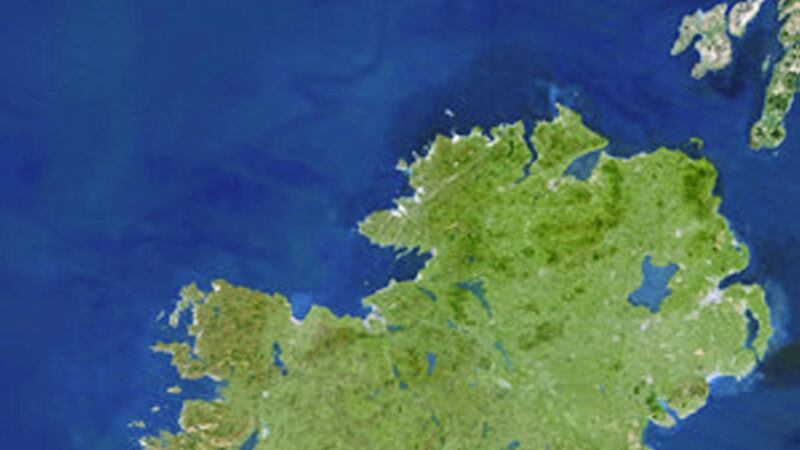THERE is more talk about Irish unity now than there ever has been in my lifetime.
And bear in mind I lived through a time when the bloody symptoms of partition and division were the subject of nightly news bulletins.
The conversation now is very different though to what it was then.
Then it was protests and banners, A Nation Once Again, the rebelliousness of republicanism told in songs and stories that harked back hundreds of years.
What we see now is much more academic, much more set in economics and demographics than just 'Brits out'.
However, we remember what kind of place we live in and have lived in, and we know just how little it takes to turn aspirations into violence, loss and grief.
I would never be complacent enough to think that we had left those days behind for good.
The history of Ireland shows cycles of violence come periodically, brought on by various events that, with hindsight, more often than not, were entirely preventable.
Sectarianism is incredibly ugly when you see it close up, and I've spent years observing and reporting on the manifestations of our divided society.
Now we can all see what sectarianism looks like, because the chances are someone will have recorded it on their phone, be it an attack on a home or a person, or drunk fools singing ridiculous songs full of hate.
Politics on our island has changed in the recent years.
Those changes, ironically brought about by infighting within the most dysfunctional Tory party in history, mean that our border is again front and centre of every day political discourse.
Demographics happened to have changed in and around the same time, making a new and more empowered nationalism sit up and want to be heard and noticed.
The peace process saved lives, we all know that, but it failed to unite us. Stormont was not working.
The power devolved to local parties was not being exercised for the benefit of all the people, and the process of mandatory coalition was a nice but unworkable idea in the long-term.
Brexit is a shambles, British politics is in disarray and this would have and should have been the time that locally-elected ministers showed their worth. Instead we are no closer to restoring devolution.
Republicanism no longer seems rebellious or edgy or a radical movement. It is instead now looking towards what has become known as 'civic nationalism' for future direction.
It is all very interesting to watch, however, some advocates of a border poll in the near future think it's a matter of nationalism outbreeding their unionist neighbours, paying lip service to unionist outreach.
Unionism has done itself few favours, either historically or in the current DUP behaviour at Westminster.
It has helped make Northern Ireland unworkable and for a younger generation a hostile place to live.
Political unionism has always enjoyed power and sharing it was an alien concept.
But the daily diet of anger, fury and outrage that we hear of is not a media construct, there are sections of our society who are angry, very angry.
The Good Friday Agreement for unionists was a settlement, for nationalists it was a process and the next phase of that process - if not properly handled - is in very real danger of destabilising a section of loyalism that have been ignored, badly served and neglected for generations.
Their loyalty was assumed, unquestioning and unchanging regardless of how badly treated they were.
Nationalism doesn't have to reach out to them, it doesn't have to take their thoughts, beliefs and fears into consideration. It can continue to look back and say, "But sure look how they treated us in the past."
It could just wait on demographics changing, in the hope that 51 per cent will be enough to build a 'New Ireland'.
That's all without even starting to consider what an increasingly multi-cultural southern Ireland think or want.
Nationalism could do that, but they would be reckless with the next generation's future if they did.
Being unapologetic and proud of your Irishness is a good thing, being arrogant and developing a poacher-turned-gamekeeper mentality is not.
A New Ireland is about much more than a referendum, it is about building a warm and welcoming place for those who live here and want to live here in the future, and that needs to happen before a border poll is called.








